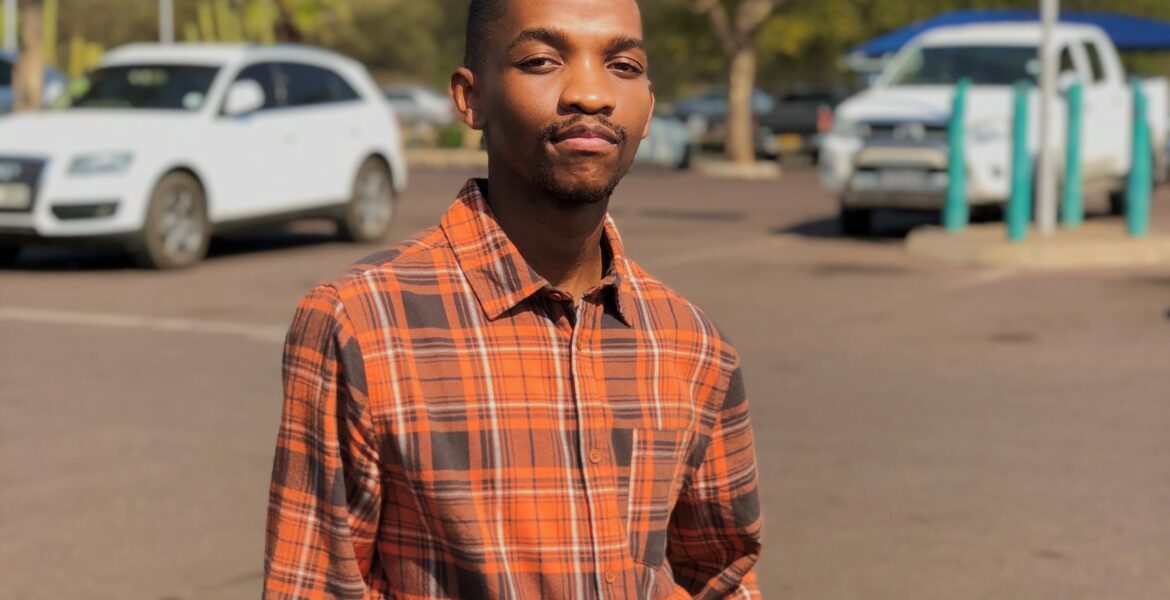- Banana Emoji, EU host Gen Z queer expressions discussion
- Activist Chabanga: “Telling LGBTQ+ stories should come from the community itself, first and foremost”
GOSEGO MOTSUMI
Generation Z or the newest generation of queer identifying people born since 2005, are said to be more open in their behaviour, values and perspective compared to people of preceding generations.
According to discussions themed “Gen Z Queer Expression” hosted by Banana Club in collaboration with the European Union (EU) in Gaborone over the weekend, perhaps this is shaped in part by the connectivity provided by digital technology and coming of age in a period of expanding rights for LGBTQ+ people that is punctuated by landmark legal cases.
Said Queer thought leader, GeeGee Straus, during the discussions: “Gen Z is the most expressive generation as they are likely to find a more open space to discuss their sexual orientation with family and others at a young age. Queer trends of today are driven by queer people.”
“However, we still face stigma and discrimination as our stories are still told in the most traumatic way. That needs to change. There is no trauma behind queer identifying people; the trauma comes from the way society treats the LGBTQI+ community.”
Compared to the Baby Boomers or ‘closet generation’ that came of age when there was intense social pressure to conform to gender stereotypes, Gen Z embraces a broadly inclusive definition of sexual orientation. Identifying as a gay man for the boomers was not an option because doing so meant risking stigmatization and shunning while being discovered to be a homosexual could swiftly end a career and social standing. However, winds of change began to blow for the LGBTQ+ community when gay men began to appear in popular mainstream media.
“But what I realised growing up when I was watching television was that gay characters were displayed as villains or deviant criminals,” said Content Creator and Activist, Obakeng Chabanga. “It was a fear construct and heteronormative way to erase queers from existing because nobody wanted to be a bad guy or the villain.”
Chabanga emphasised the importance of authenticity in writing LGBTQ+ characters going forward and that the predominant voices telling LGBTQ+ stories should come from the community itself, first and foremost. Over the years, LGBTQ+ inclusive movies were released more than ever before and the call to action from the panel is for creators to tell LGBTQ+ stories with authenticity and with the community as part of the process.
The dialogue was the third collaboration between Banana Emoji Productions and the EU in Botswana. The Deputy Head of Delegation (EU), Silvia Bopp-Hamrouni, said they were happy to collaborate with Banana Emoji to host an event that fosters dialogues among the youth and LGBTIQ+ communities in Botswana.
“The EU’s Strategy for LGBTIQ+ Equality proposes to integrate the fight against discrimination affecting LGBTIQ+ people in all EU policies, including in our external policy,” she said. “Among other actions, the European Commission will support projects that use cultural expression to tackle discrimination, build trust and acceptance, and promote the full inclusion of LGBTIQ+ people.”
Banana Club continues to aim at creating platforms for dialogue to lead the conversation about key issues among the youth, creative and predominantly queer community. The club has created a network of individuals and organisations that work together to challenge discourse, as well as educate, empower and engage Batswana at large in conversation.
“Including youth has not always been a priority, hence there is a gap in programming and giving young people an avenue to open up would create an information bank and allow for possible policy recommendations for how their challenges can be mitigated,” said Chabanga.

